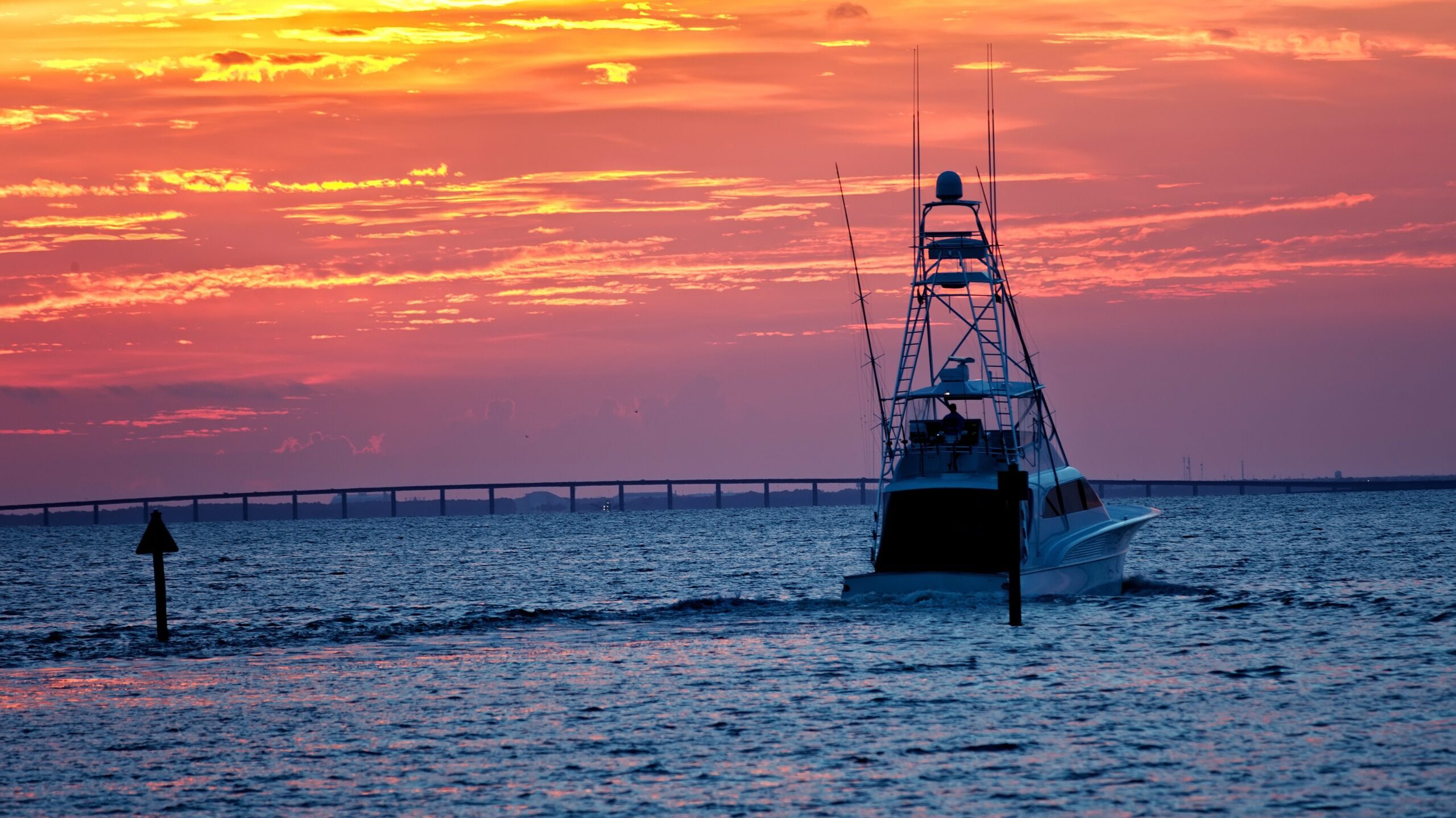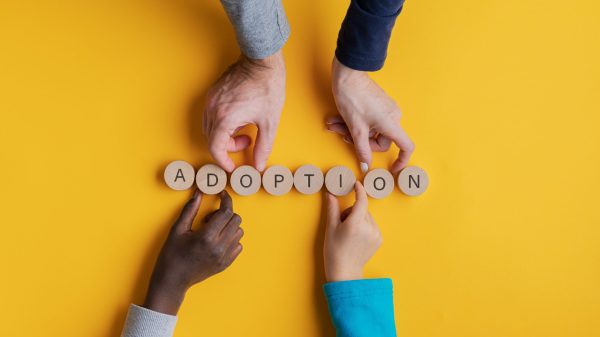State Representative Chip Brown, R-Hollinger’s Island, announced his introduction of a three-bill legislative package on Monday as the state lawmaker looks to “protect, promote, and expand” Alabama’s commercial seafood industry.
Brown’s legislation—consisting of prefiled House Bills 3, 28 and 38—would put into effect several measures aimed at supporting commercial fishing, retail seafood sales and the protection of local marine waters.
The first bill included in the package, HB3, would directly support commercial fishing by exempting seafood sales made by anglers and fishermen from state sales and use taxes. It would also allow municipalities and counties to exempt such sales from local sales and use taxes as well.
Meanwhile, Brown’s other two bills look to aid the seafood industry by promoting the maintenance and safekeeping of Alabama’s marine ecosystems.
HB28 would do so by establishing a tax credit for restaurants that recycle oyster shells, a practice that—according to the National Oceanic and Atmospheric Administration—can help revitalize waning oyster populations in the Gulf Coast, thereby protecting the $250 million American oyster industry and ensuring the survival of vital coastal ecosystems.
Under the bill, restaurants that donate oyster shell material to any approved oyster shell recycling program would be eligible for an Alabama state income tax credit amounting to either $1 per 50 pounds of oyster shell material donated or a flat sum of $2,000, whichever is lower. Credits would be granted at a “first-come, first-served basis” with no more than $100,000 in credits being granted in a calendar year.
In a similar vein, Brown’s HB38 would establish the Alabama Seagrass Restoration Task Force with the stated purpose of addressing and remediating the loss of seagrass in Alabama’s marine waters. Specifically, the Task Force would be charged with “formulating, testing, and developing innovative, effective, cost-efficient, and environmentally sustainable technologies to restore coastal seagrass ecosystems by building upon research and efforts within the public and private sectors.”
If established, the Alabama Seagrass Restoration Task Force would consist of individuals from various state educational institutions, governmental agencies, the Alabama State Legislature, and other public and private organizations.
In Monday’s announcement, Brown’s office stressed the important role that seagrasses play in supporting Alabama’s commercial seafood industry, noting how seagrasses “provide critical habitat for aquatic species essential to the commercial seafood industry and to the marine animals they feed upon” while simultaneously serving to “stabilize shorelines and combat erosion.”
Brown also provided a statement arguing for the passage of all three bills as a way to protect the future of Alabama’s commercial seafood industry.
“More than just a major economic driver in our region, the Gulf Coast commercial seafood industry is a beloved tradition that must be preserved for the next several generations and decades yet to come,” Brown said in a statement Monday. “By passing these commonsense tax cuts and an important ecological protection, we can keep commercial seafood harvesting a growing and viable concern far into the future.”
Each of Brown’s bills will be considered by state lawmakers during the 2026 legislative session.




















































